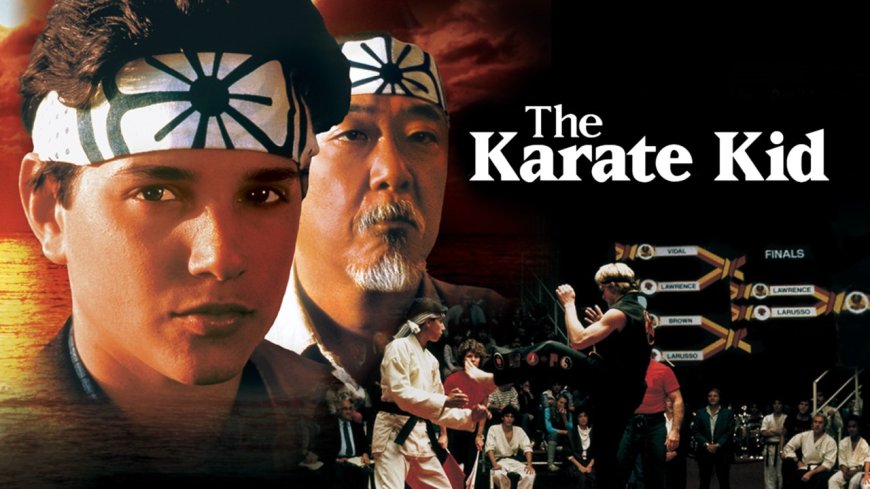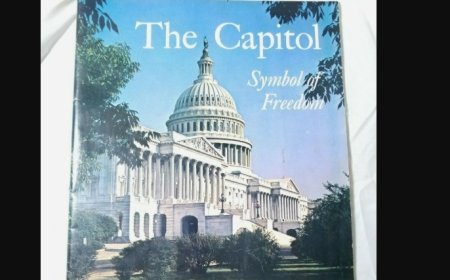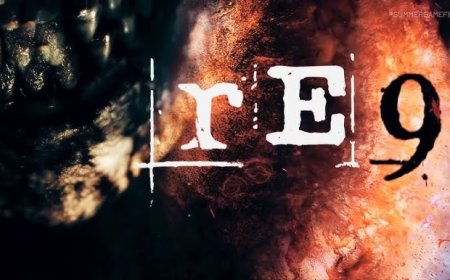The Karate Kid: A Timeless Tale of Courage and Growth

Introduction
Since its debut in 1984, The Karate Kid has become an iconic film that resonates with audiences of all ages. This coming-of-age story combines action, drama, and heartfelt lessons about perseverance, respect, and self-discovery. The film launched a beloved franchise, inspiring sequels, a reboot, and a popular modern-day series, Cobra Kai. But beyond the punches and kicks, The Karate Kid teaches valuable life lessons that continue to inspire viewers.
This blog post explores The Karate Kid from multiple angles: the film’s plot and characters, its cultural impact, and the lessons it imparts. We'll organize the discussion with headings, a comparative table of the original and reboot, and lists summarizing key themes and takeaways.
The Karate Kid: Plot and Characters
Overview of the Story
The Karate Kid tells the story of Daniel LaRusso, a teenager who moves from New Jersey to California. Struggling to adjust to his new environment, Daniel soon finds himself bullied by local students skilled in karate. Enter Mr. Miyagi, a humble and wise maintenance man who becomes Daniel’s mentor. Through unconventional training methods, Mr. Miyagi teaches Daniel karate, but more importantly, discipline, humility, and self-confidence.
The film culminates in a dramatic karate tournament where Daniel faces off against his bullies, proving that courage and integrity are just as important as skill.
Key Characters
-
Daniel LaRusso (played by Ralph Macchio): The underdog protagonist learning karate and life lessons.
-
Mr. Miyagi (played by Pat Morita): Daniel’s mentor who teaches karate and the philosophy behind it.
-
Johnny Lawrence (played by William Zabka): The antagonist and skilled karate student who bullies Daniel.
-
Ali Mills (played by Elisabeth Shue): Daniel’s love interest and a source of support.
Comparing The Original Karate Kid (1984) and The Reboot (2010)
| Aspect | Original (1984) | Reboot (2010) |
|---|---|---|
| Main Character | Daniel LaRusso | Dre Parker |
| Mentor | Mr. Miyagi | Mr. Han |
| Setting | California, USA | Beijing, China |
| Bully Group | Cobra Kai dojo | Local kung fu school |
| Style of Martial Arts | Karate | Kung Fu |
| Key Themes | Perseverance, respect, humility | Confidence, cultural exchange, family |
| Box Office Success | $90 million worldwide | $359 million worldwide |
| Critical Reception | Highly positive | Generally positive |
The Cultural Impact of The Karate Kid
The Karate Kid was more than just an 80s movie sensation; it influenced pop culture, martial arts, and cinema:
-
Popularizing Karate: The film sparked widespread interest in karate and martial arts worldwide, especially among young audiences.
-
Iconic Scenes: Moments like the “wax on, wax off” training and the tournament final are etched in movie history.
-
Quotes and Philosophy: Lines such as “Wax on, wax off” and “Man who catch fly with chopstick accomplish anything” reflect the deeper philosophy behind martial arts.
-
Inspiring a Franchise: The success led to several sequels, a 2010 reboot, and the hit series Cobra Kai, which continues the story for new generations.
-
Role Models: Mr. Miyagi became a symbol of wisdom and mentorship, influencing how teachers and coaches are portrayed in media.
Life Lessons from The Karate Kid
-
Patience is Key: Mastery takes time; quick results aren’t always possible.
-
Discipline Matters: Consistent practice and effort build skill and character.
-
Respect Your Opponents: Karate is not just about fighting, but respect and honor.
-
Stay Humble: Arrogance leads to downfall; humility strengthens resolve.
-
Face Challenges Head-On: Courage and perseverance lead to success.
-
Mentorship is Powerful: A good mentor can change your life’s trajectory.
-
Balance Mind and Body: Physical skill must be paired with mental strength.
-
Overcoming Fear: Growth comes from confronting what scares you.
Why The Karate Kid Still Matters Today
The Universal Appeal
Decades later, The Karate Kid remains relevant because it speaks to universal human experiences: feeling like an outsider, struggling to find one’s place, and the journey toward self-confidence. Its themes transcend martial arts, making it relatable regardless of age or background.
The Legacy Continues with Cobra Kai
The Cobra Kai series, launched in 2018, rekindled interest in the original story by exploring the lives of Daniel and Johnny decades later. The show adds complexity to characters, showing that life isn’t black and white, and highlights redemption, friendship, and rivalry in fresh ways. It proves that the lessons from The Karate Kid continue to resonate with modern audiences.
Key Differences Between Original Karate Kid and Cobra Kai
-
Perspective: The original focused mainly on Daniel’s journey; Cobra Kai explores multiple viewpoints, including former antagonists.
-
Tone: The film was a classic underdog story; Cobra Kai mixes drama, humor, and nostalgia.
-
Character Growth: Cobra Kai emphasizes character development over time, showing flaws and redemption.
-
Modern Issues: The series tackles contemporary topics like bullying, family struggles, and mental health.
-
Martial Arts: Both karate and other fighting styles get attention, showing evolution in martial arts culture.
Conclusion
The Karate Kid is more than just a film about martial arts; it’s a timeless story about personal growth, discipline, and resilience. Its enduring popularity stems from its relatable characters, memorable scenes, and valuable life lessons. Whether you grew up watching the original or discovered the story through Cobra Kai, the themes of courage, respect, and mentorship continue to inspire audiences worldwide.
As the franchise evolves and new generations embrace the story, The Karate Kid remains a beacon of hope and determination—a reminder that with patience, practice, and heart, anyone can rise above their challenges.





























